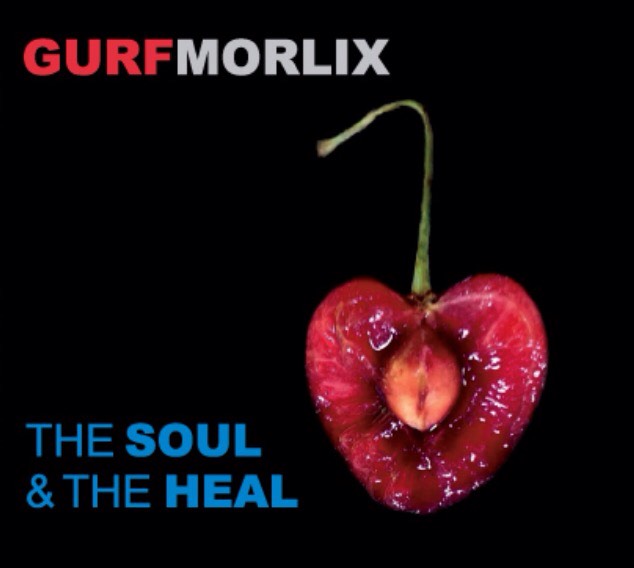Artist: Gurf Morlix
Album: The Soul & The Heal
Label: Rootball
Release Date: 02/03/2017

There’s a dark intimacy to Gurf Morlix’s albums, which, at times, become so spooky and real that you’d swear he’s in the same room with you. And, as you sink into the depths of depressing lyrics, you want to leave the room despite admiring the songwriting. This is his ninth solo recording, and while it retains some of those qualities, there’s some optimism and resiliency in his lyrics that really connect. This is clearly one of his best; it may not be coincidence that he wrote the album before he had suffered a heart attack, but recorded it after. Morlix says, “It is about the healing of the soul. The damage we do to ourselves and what we inflict on others. And hopefully, we recover. The past records were darker, about friends who had died. Although The Soul & The Heal has somber moments, it definitely offers more hope and love,” claims Morlix.
If, by some chance, you are unfamiliar with Morlix, you have most likely heard him as the producer for Lucinda Williams, Ray Wylie Hubbard and folks like Slaid Cleaves and Mary Gauthier. He’s a tremendous guitarist and multi-instrumentalist who graces many albums from roots artists. You can hear his soloing on the recent excellent release from Bill Kirchen and Austin DeLone, Transatlanticana.
Joined by his frequent collaborators, drummer Rick Richards and harmonica-playing Ray Bonneville, along with Nick Connolly on the B3, Morlix handles the vocals and rest of the instruments for these ten original songs. As with most his work, this has a bluesy feel to it, typified by the opening track “Deeper Down,” which has some searing guitar lines that accent lyrics like “black as coal.” The contrasting “Love Remains Unbroken” lightens it up. The angry, fierce guitar lines return in the Delta-influenced “Bad Things,” colored by some eerie harmonica from Bonneville. “Right Now” celebrates the moment and “Move Someone” has some lyrics that really resonate: “Reach out, try to connect, make a difference, have an effect.” The album alternates between the bleak (“I’m Bruised, I’m Bleedin’”) to the hopeful (“Quicksilver Kiss,” and resignation (“The Best We Can”).
Morlix’s albums are as pristinely recorded as any you’ll hear because he is a perfectionist. In his words, “I do all this because I care. I care about the songs, which are my babies. I care so much about the sound. I obsess over the recording process more than you will ever know. Every note that was played has been considered extensively, from every possible angle. I try to find the exact placement for every part. From side to side, in the listener’s head. From top to bottom. From front to back. This is all extremely important to me… I put as much attention into the songs. I used to just get ’em to the point where they pretty much rhymed, and didn’t sound stupid, and then I called ’em done. I have learned a lot from all the amazing songwriters I have worked with, over the years. I think the most important thing I learned is to understand when a song is finished, or not. Ready to be played in public. Or not. I’ve learned that if the creative spark is right, it’s worth however much time it takes to hammer the song into whatever shape it takes. Some of these songs I have been working on for 5 years or more. They are not ready until they are as good as I can possibly make ’em.”
Morlix is one adult dose. His brutal honesty and raw approach may not be universally appealing but I find him refreshing and captivating.
-Jim Hynes







Be the first to comment!